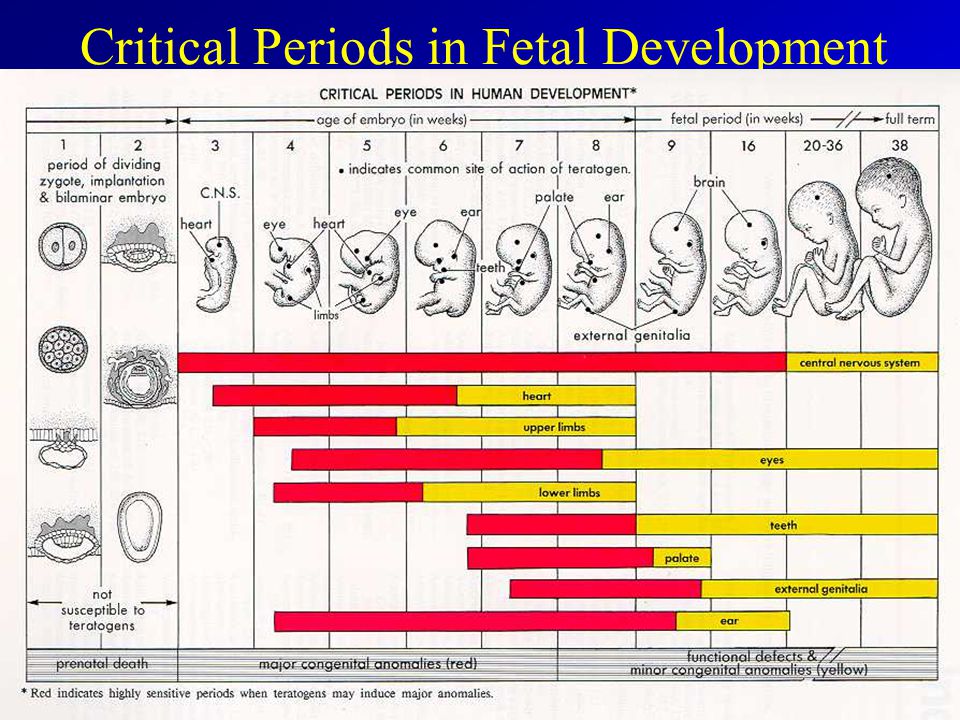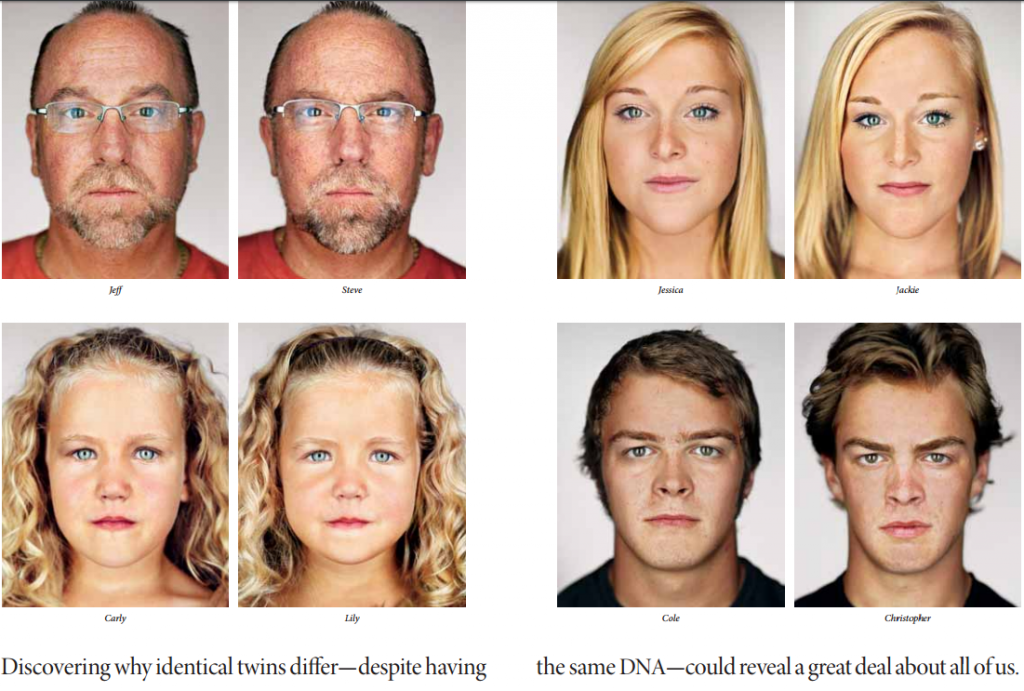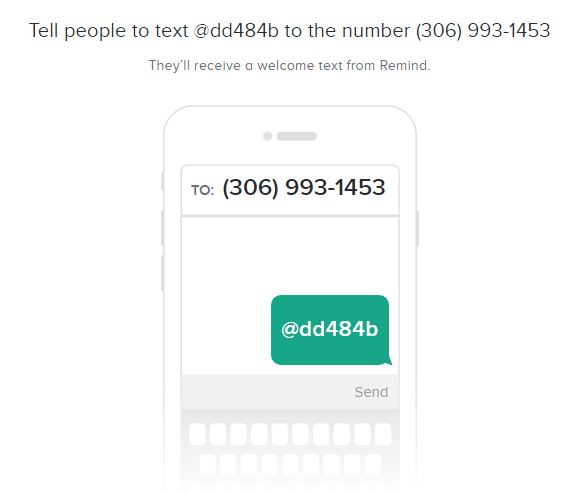Psych 30 New Reproductive Technologies (fetal development)
Supplemental supports for this section.
https://www.reproductiverights.org/sites/crr.civicactions.net/files/documents/AbortionMap_Factsheet_2013.pdfThe World Abortion Laws Map 2013
Periods of Development – vulnerability of teratogens

/1960235-how-long-does-ovulation-last-01-5ae09af91f4e130039d80d9e.png)
Psych 30 1.4 Inquiry Search Topics
We’ve just been studying the differences between Nature and Nurture (both physical and social components) and are about to discuss in more detail the use of identical twins for studies on development. 
Here are a few resources to look into before we go through this section:
- Mandatory: Look/read through this National Geographic article on Twins: Alike But Not Alike. It explains how science is correction the notion that identical twins are 100% the same.
- Optional Topics to Inquire About:
- Twin Transfusion Syndrome
- Epigenetics
- Sperm of older males – what is being discovered about it
- Human Genome Study – genetic enhancements and its ethics
- Read/skim through this article Identical Strangers about 35 year old identical twins who were purposely separated at birth in an effort to study twin nature and nurture influences.
- Behavioural Genetics – studies, ethical concerns that are ongoing
Psych 30 Jan 31/17 Jumping into Developmental Psych
For your first taste of Psych 30, I have a listening activity for you to complete. It is developed by Radio Lab, which you’ve all listened to in the past. This story may draw you in as it’s a compelling interview wi th a woman who went through some extreme challenges in the birth of her child.
th a woman who went through some extreme challenges in the birth of her child.
1. While you listen, you will jot ideas, significant points, predictions and questions down in a shared Google Doc located at this link or from the QR Code. Once you’ve finished listening to the podcast, we will review your comments/reflections in a group discussion before moving on.
2. Listening Podcast: 23 Weeks 6 Days (Radiolab) You can also open the link to the website here.
3. After Listening: When you’ve finished the podcast, you can review the comments others have posted in the shared Google Doc. You might want to add comments to some questions or insights posted there, to start your conversation on the topic.
After listening and reviewing, though, at the bottom of the shared Google Doc, write a short paragraph explaining what stands out most to you about the listening activity, what topics you’re most anticipating discussing in this course, and what made you choose it. (name: short paragraph)
4. Next, you have an online research challenge: there’s an age old debate in Psychology and other sciences about the meaning and influences of Nature and Nurture on a child. Look it up – see what you can find out or under stand about what the Nature part is and the Nurture pare. We’ll be discussing it in class, but it will be interesting to see first what you can find out and learn about it on your own.
stand about what the Nature part is and the Nurture pare. We’ll be discussing it in class, but it will be interesting to see first what you can find out and learn about it on your own.
I’m available for help through the Remind app. There is a new Psych 30 course to sign up for updates.



